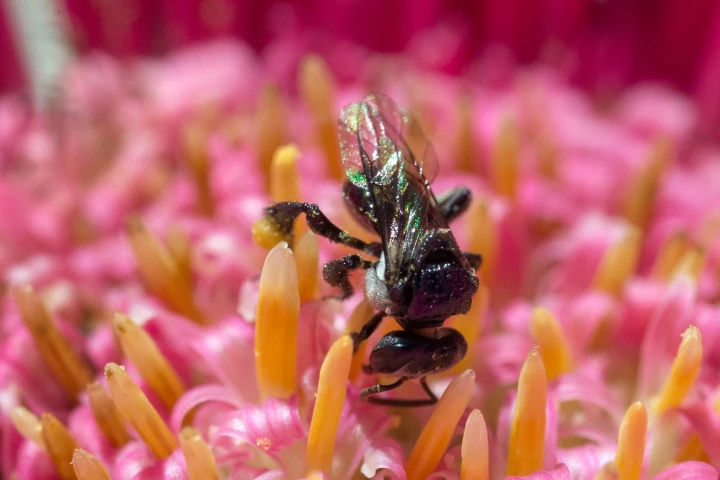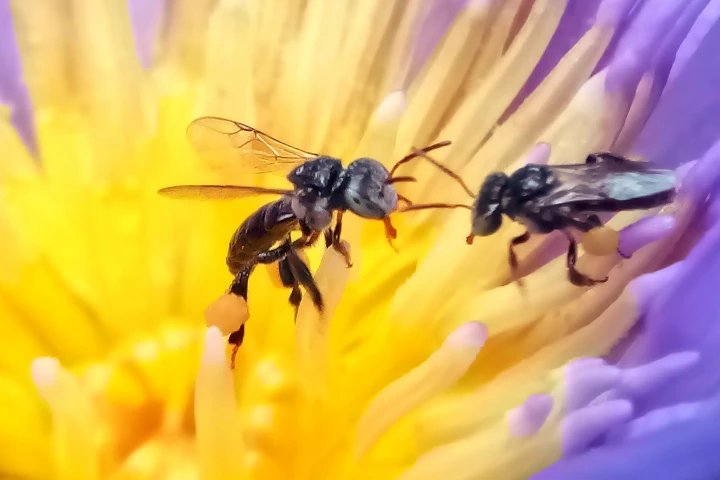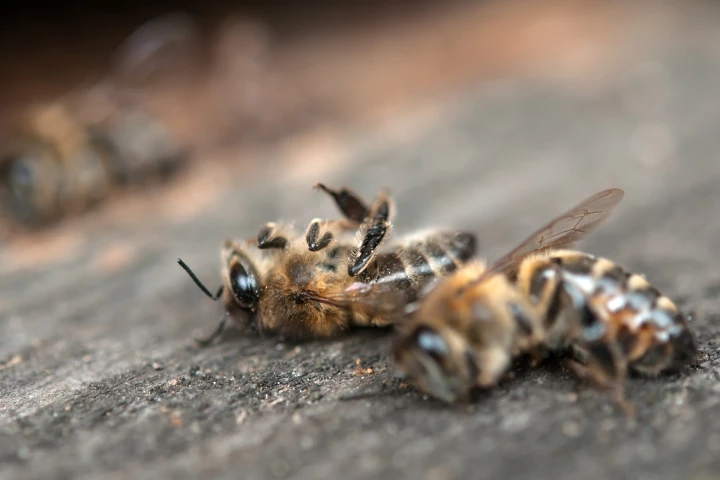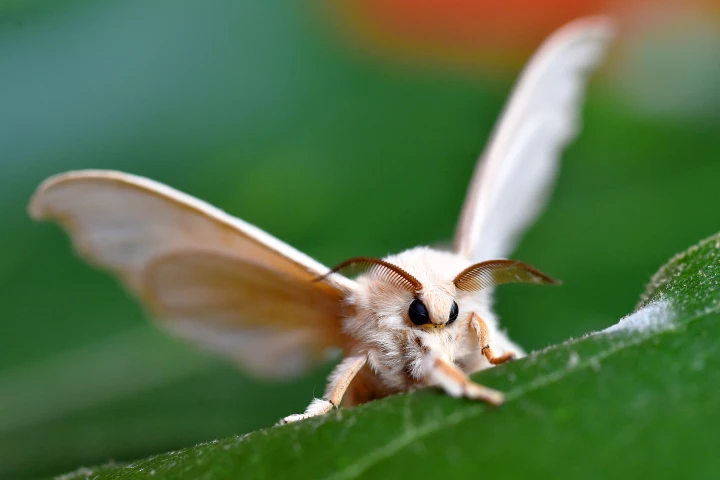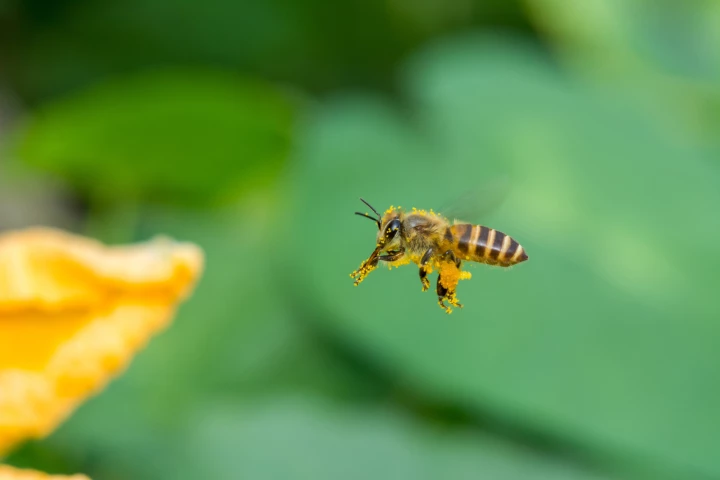Bees
-
Honey produced by some species of Australian stingless bees possesses impressive bacteria- and fungi-killing properties, according to new research. The honey has the potential to be used alongside or in place of existing antibiotics.
-
Beekeepers in many regions are having a hard time of it, as their honeybees struggle to find enough pollen. Scientists are now addressing that problem with a new nutritional supplement which is described as being like "a PowerBar for bees."
-
Inspired by the humble bee, robotics researchers at MIT have designed insect-sized aerial bots with a reimagined wing system that can fly for up to 1,000 seconds – 100 times more than any similar bots we've seen in the past.
-
Honey from stingless bees contains large amounts of a unique sugar that’s not a major component of any other food, according to researchers. It has a range of health benefits, from preventing tooth decay and helping with weight loss to managing type 2 diabetes.
-
In the third BMC Ecology and Evolution image competition, a stunning snap of the invasive orange pore fungus (Favolaschia calocera) has not just encroached on native species’ territory but taken out the top spot in the annual contest.
-
There are already ant farms that let people watch ants, and even a sealed termite colony for folks who prefer something a little different. Now there's the round, transparent Ivry-B beehive, that allows users to engage in some quality bee-watching.
-
Scientists have discovered that a common natural sugar could play a role in boosting cancer treatments like chemotherapy. Mannose was found to invoke “honeybee syndrome” in cancer cells to slow their growth and make them more vulnerable to attack.
-
If evolutionary biologists are the detectives of the natural world’s past mysteries, then the phylogenic tree is their cork board of linked crime-scene suspects. With this, they offer some big news about the origins of flowering plant life on Earth.
-
Want to play a part in the survival of bumblebees? Cater for them! A new study has revealed which plants these VIPs (very important pollinators) make a beeline for, so you can grow their favorite flora and help these fuzzy fussy eaters thrive.
-
As far as insects go, moths get a pretty bad rap. But researchers have found that these nocturnal animals are overachieving when it comes to pollinating plants, and encouraging them to stick around in the garden may be more beneficial than you think.
-
Scientists have enlisted a new kind of helper to monitor the microbiomes of cities: the honeybee. Analyzing the debris from their hives has revealed much about what's happening at the microorganism level in cities around the world.
-
In a win for both bees and ecologists, a team of roboticists and biologists has developed a robotic honeycomb that both keeps the bees toasty during cold snaps and allows them to be studied unobtrusively.
Load More
